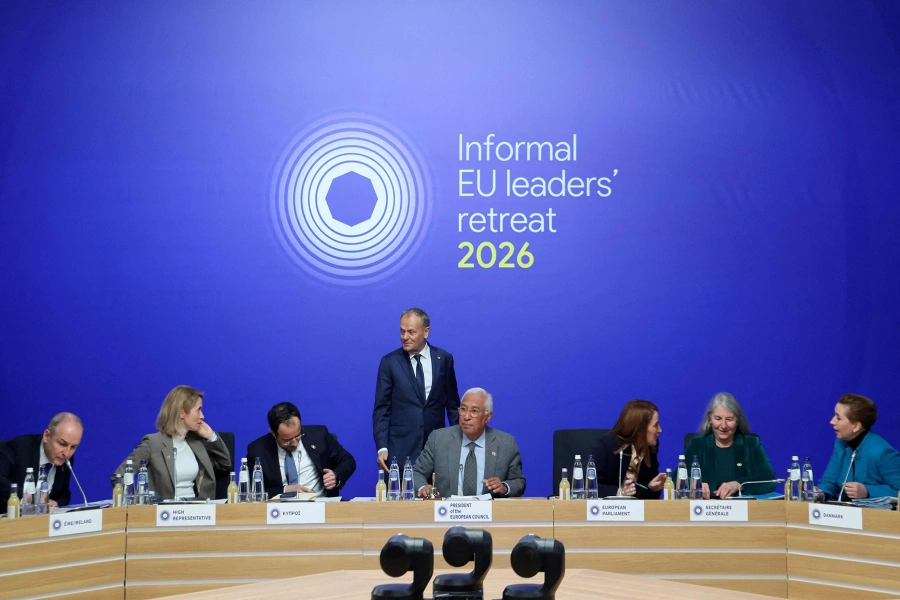BAKU, Nov 25 :The two-week-long United Nations Climate Change Conference (COP 29) wrapped up on Sunday morning, following heated debates over financial commitments to tackle the climate crisis. The conference concluded with an agreement to provide $300 billion annually to developing and least developed countries by 2035.
Originally scheduled to end on Friday, the conference was extended until Sunday as delegates from both developed and developing nations struggled to finalize the financial targets. Developed countries had previously pledged $100 billion annually in public finance starting in 2020, through bilateral and multilateral cooperation. This pledge has now been increased to $300 billion per year by 2035.
Additionally, COP 29’s final document, issued by conference president Mukhtar Babayev, calls for the mobilization of $1.3 trillion in climate finance by 2035 through a combination of public and private investments. However, the document does not outline specific sources of this funding.
The decision has drawn criticism from developing and least developed countries, which had been calling for at least $1.3 trillion in climate finance annually to address the urgent needs of climate adaptation and mitigation. These nations have deemed the $300 billion annual pledge "grossly inadequate," arguing that it falls short in addressing the scale of the climate crisis and the need for global action to prevent further global warming.
The closing session of COP 29 saw divergent reactions to the climate finance targets established by the conference. Representatives from the European Union, Australia, and Arab states welcomed the $300 billion annual pledge to developing and least developed countries. However, these targets were met with strong opposition from other groups, particularly least developed and developing nations, who condemned the decision as a failure of diplomacy and multilateralism.
SHIFT for Our Planet: Youths urge authorities to make climate j...

Critics argue that the pledge falls far short of what is needed to effectively address the climate crisis. They view the failure to meet the expectations of the most vulnerable countries as a rejection of the call for climate justice. Evans Njewa, Chairman of the Least Developed Countries (LDC) Group, expressed deep frustration, highlighting the severe climate-related losses faced by countries like Nepal, Malawi, Mozambique, and Bangladesh.
"Climate finance is not a matter of charity; it is a matter of rights, a matter of survival," Njewa said. He also criticized the low climate finance targets, calling the Baku conference a "betrayal" for countries most at risk of climate change. The LDC Group also expressed disappointment over the rejection of the Climate Damage Fund, which was a key demand.
The UN Secretary-General, António Guterres, acknowledged the shortcomings of the conference but expressed hope that the targets set would serve as a foundation for future climate action. "I hoped for more ambitious targets, but this decision is an important basis for the journey ahead," he said.
Civil society response
Civil society leaders, who have long advocated for stronger climate finance commitments, were also critical of the outcome. They described COP 29 as a missed opportunity to take meaningful action on climate finance, with many arguing that the conference prioritized the interests of developed countries over the needs of those most affected by climate change.
Harjeet Singh, a climate campaigner and Global Director of the Fossil Fuel Non-Proliferation Treaty Initiative, emphasized the inadequacy of the pledge. "This amount is insufficient to transition from fossil fuels to clean and green energy. Our fight for climate finance must continue," Singh said, underscoring the need for a more robust financial commitment to tackle the climate crisis.
What Nepali officials say
Dr Sindhu Dhugana, head of the Climate Change Management Division at the Ministry of Forest and Environment, said that although there were some achievements in the field of climate finance at the conference, it was not as expected. She mentioned that it was positive that the conference approved the rules for carbon trading.
She also pointed out that the mountain issue, which Nepal had raised and which had been included in the draft document, was not included in the final version. She stressed that this issue should be continued in future discussions.
Dr Madhav Bahadur Karki, expert advisor to the Minister of Forest and Environment, stated that the decision on climate finance was made under an unusual geopolitical situation. He noted that, as Nepal is preparing to upgrade from a least developed country, it should focus on internal preparations for climate finance management in the coming days.
Meanwhile, during the conference, a bilateral carbon trading agreement was signed between Nepal and Sweden, marking the first international carbon trading agreement for Nepal. This paves the way for future carbon trading between the two countries.





































